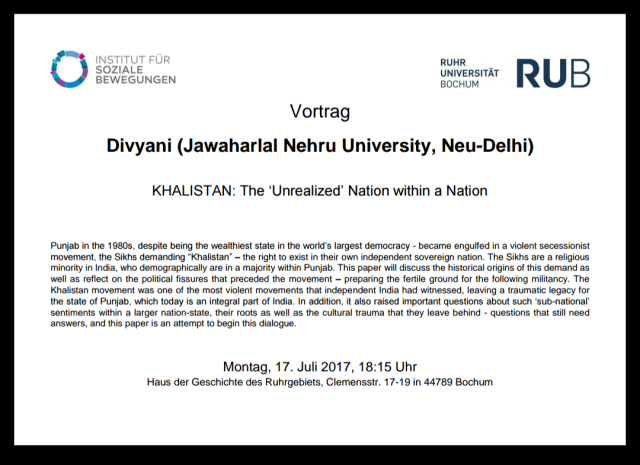As a part of the European Union Project on Cultural Trauma ( SpeCTReSS) related research, I was on secondment in the University of Tartu ( Tartu Ulikool) from 1st September 2016 to 31 October 2016. During the period of my stay I was attached to the Institute of Cultural Research and Arts of the University of Tartu. My research project on ‘Religion and Ethnic Narratives in the Baltic States’ was in accordance to a confirmed research plan.
My two months stay in Estonia, was devoted in sourcing research materials relevant to my area of study and visiting places relevant to my research. Interaction and engagement with scholars and students working in different disciplines of social sciences proved to be particularly insightful. I also had opportunities to participate in academic events organised by the Centre for FolkLore and the Centre of Oriental Studies. These events enabled me to meet international scholars from different parts of Europe and Asia. The exchange of perspectives proved to be particularly illuminating.
During the month of September I delivered two lectures ( on 22 September 2016 and 28 September 2016) – one on ‘Religion and Politics in Contemporary India’ and the other on ‘ South Asian Insecurities: The South Asian Experience’. These lecturers were organised by the Centre for Oriental studies and the attendance and the interaction was impressive.
In the first week of October ( 5-6 October 2016) I visited the Tallinn Technical University and Tallinn University for delivering lecturers on South Asian politics. The interaction with the faculty and students in these institutions was academically very fruitful.
From mid- September onwards I travelled to places outside Tartu, the most notable trip being the visit to Narva College, Narva on 17 October where I met Dr Kristina Kallas, the Acting Director of the College. My interview with Dr Kallas on the social and political dynamics of of the border town was particularly insightful. The visit to memorials of the second World War were other important highlights of the Narva trip.
Other significant highlights of the trip enroute to and back from Narva was the visit to the Kuremae Convent, the only functioning Russian Orthodox nunnery in Estonia, the township of Sillamae, a visit along the coastal side, the Ontika Limestone cliff and the visit to the country side through the farmlands and cattle farms.
Another important highlight of my travels outside Tartu was the trip to the Old Believers Villages in Varna and Kolkja and the Peipsimaa Visitor Centre. It was a brilliant introduction to the cultural uniqueness of the region, its history and its heritage. A visit to the Alatskivi Manor House provided interesting insights 2222on the history, culture and heritage of the Baltic German landlords. The multicultural town of Mustvee and the old parish school museum in the Palamuse borough were also visited.
A visit to the newly inaugurated Estonian National Museum was particularly educative in understanding the history, culture and heritage of the country down through the ages.
Between 28-29 October 2016, I participated in the Riga Conference 2016 as a discussant on the recent political and economic developments in India and its impact on regional and international politics. The conference provided me with an opportunity to interact with colleagues not just from the Baltic states but also from all over the world. Discussions revolved around the various dimensions of the old and new security threats in an increasingly globalised world – ranging from regional and global security concerns to issues regarding climate change and cyber security.
My stay in Estonia gave me a first hand experience of the Estonian academic life in the University campus. The debates and the discussions on different national and international issues proved to be very informative and enlightening. The academic linkages established as a result of my stay in Tartu will definitely pave the way for greater engagement between the faculties and researchers of the two universities – Jawaharlal Nehru University and the University of Tartu.






























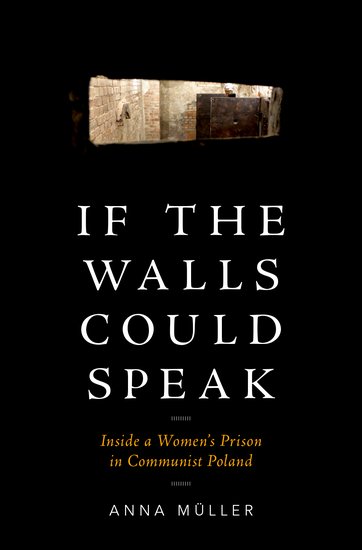














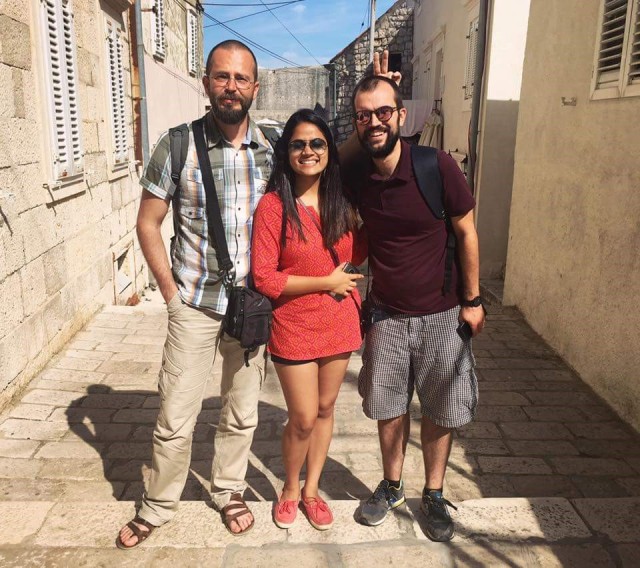
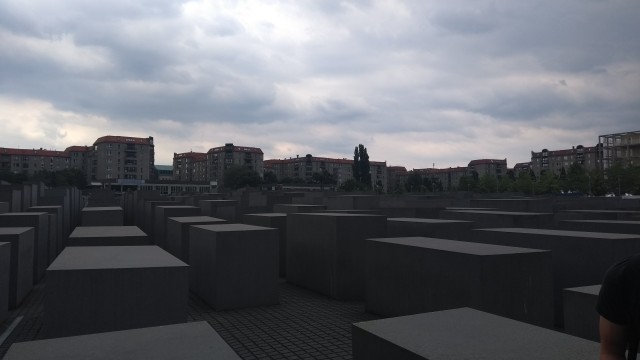
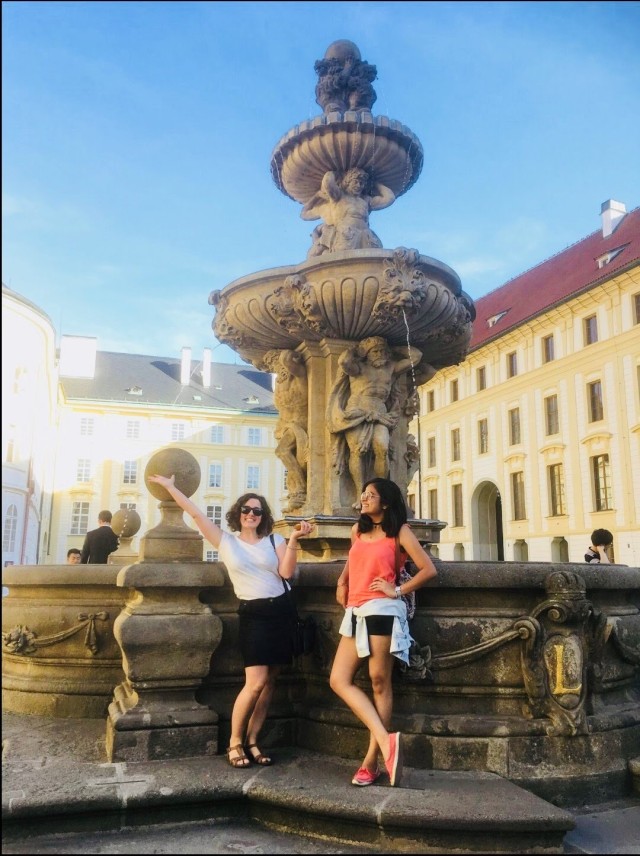 Inside the Prague Castle, in front of the Kohl’s Fountain
Inside the Prague Castle, in front of the Kohl’s Fountain